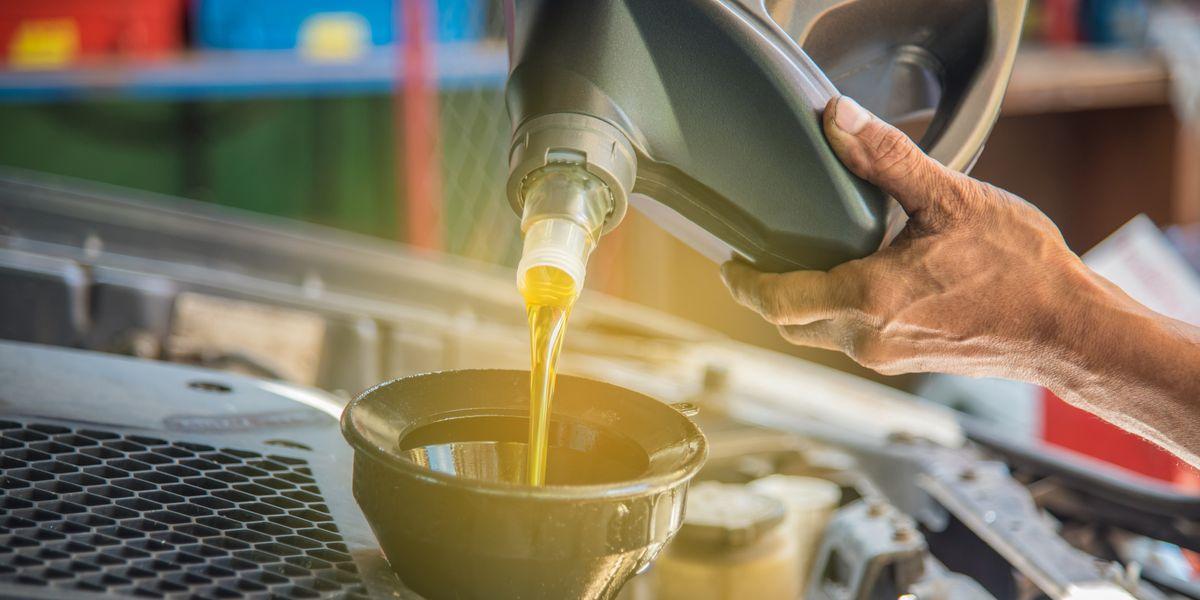Engine Oil DI Packages: What You Need to Know To Keep Your Car Running Smoothly
If you want to keep your engine running smoothly and avoid costly repairs, you'll want to consider using DI packages in car engine oil. These are different from standard motor oils which have detergents added as well as additives that make the oil thicker. This article will discuss what to look for when


choosing the right package and why it's important to change these types of motor oils regularly.
If you have been wondering what the DI in Engine Oil DI Packages is, you have come to the right place. As it turns out, DI makes a lot of sense, but it's not something that every consumer will know about. If you don't know what DI means either then keep reading because here we are going to dive into the ins and outs of Engine Oil DI Packages.
Engine oil DIPs should be run through an engine periodically to help remove contaminants that might have made their way into the engine. It's also a good way to add more engine protection, as well as lubrication. The best part is it's an important maintenance procedure that doesn't cost much at all.
Engine oil is one of the main components of an engine, so you must use only high-quality engine oil when you want to keep your vehicle running properly. An engine oil package is a collection of services that include changing the oil filter and draining the old oil from your engine. Some packages also include adding new fluids like transmission fluid or brake fluid. Most of these packages include an inspection of other parts as well, such as the hoses, belts, and filters to catch any issues early on before they become serious problems down the line.
Engine Oil DI Package: What you need to know
Engine oil is the lifeblood of your vehicle's engine. It lubricates, cools, and cleans the moving parts of your engine, which helps it run smoothly and efficiently. Engine oil also reduces friction between moving parts, which in turn reduces wear and tear on your engine. The only way to maintain good engine performance over time is by changing the engine oil at regular intervals, as prescribed by your owner ' s manual.
There are two types of engine oils available in the market today. They are conventional and synthetic oils. Conventional oils are made from crude oil
through a distillation process and contain additives that improve their performance characteristics. Synthetic oils are made using chemical reactions rather than distillation processes, so they're often more stable than conventional oils and can last longer without needing replacement. However, they tend to cost more than conventional ones because they're more advanced products that require higher production costs.
Engine oil is the most important component of your engine. It plays an important role in lubricating the engine, preventing wear and tear, and protecting it from corrosion. However, you need to change your engine oil every 100,000 miles or so. This prevents the buildup of carbon deposits from damaging your engine.
Engine oil has a limited shelf life and once it expires, it becomes acidic and starts corroding your engine. The best way to ensure that you ’ re using fresh oil is by changing it regularly.
The Engine Oil Direct Injection (DI) Package is specially designed for vehicles that use direct injection technology in their engines. This package ensures that no dirt or debris gets into the cylinder heads during installation which can damage your vehicle's delicate internal parts. It also protects against corrosion by cleaning off any build-up on the cylinders after use.




